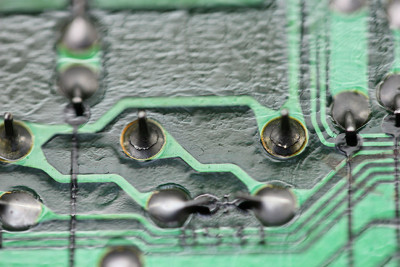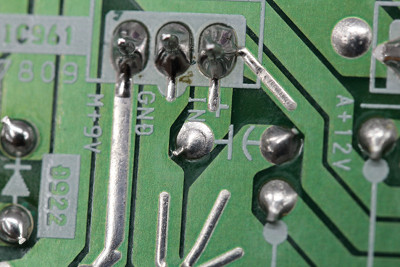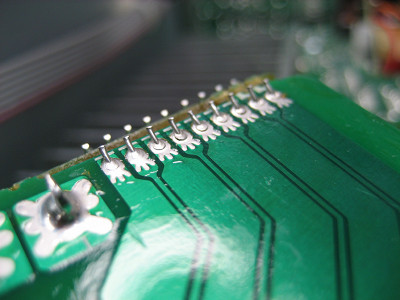SUCKS.
Say aye.
Say aye.
JohnRoberts said:Lead free solder is a classic case of the government fixing a problem that really wasn't a problem, leading to other unintended consequences. Sound familiar?
JR
Don't eat the yellow paint...Rochey said:JohnRoberts said:Lead free solder is a classic case of the government fixing a problem that really wasn't a problem, leading to other unintended consequences. Sound familiar?
JR
I dunno, if you watch the TV program "halt and catch fire" (about 1980's PC/technology development in texas) the main hero has brain damage, and his doctor tells him it's likely to lead exposure....
because TV is the truth, right?
MountCyanide said:SUCKS.
Rochey said:10 years ago, we had this big deal at work where they had to move all the products we made to RoHs.
They calculated how much lead we shipped in our IC's per year. (think: Billions of IC's).
The Result....
12 car batteries worth per year.
Thousands of engineering hours.
$$$$ on quality re-evaluation
$$$$ on marketing the changes etc,
12 car batteries.



Enter your email address to join: